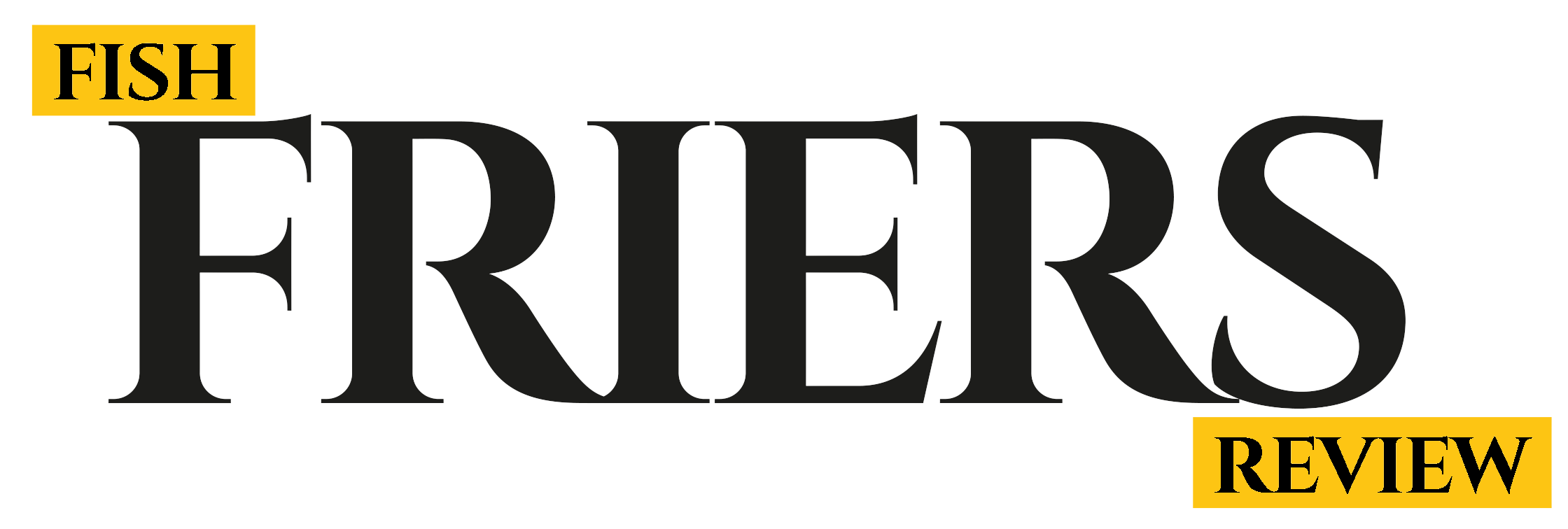Hospitality operators need to combine investment in technology with a new approach to people management if they are to recruit and retain the best employees and deliver the best customer experience, says From Agile to Fragile: How to Navigate the New Era of Hospitality, a new report published today by workforce specialists Bizimply and hospitality consultancy Hospitality Mavericks.
Technology that frees up front-line staff to have autonomy to deliver great customer service, rather than hampering their efforts, is the key to retaining the customer service edge in a competitive market, the report finds.
The report is based on a survey of senior operators representing hundreds of outlets, employing thousands of staff, in the UK, Europe and the USA. Respondents came from across the hospitality sector, from fine dining and hotels to pubs and bars, coffee shops and fast-food outlets. The report is available from the Bizimply website, click here to download.

The survey found that since the first lockdown in 2020, 70% of respondents have rolled out new or updated digital tools, and 59% have implemented new people policies. However, nearly three-quarters (72%) either have no formal people strategy, or one only partly developed.
This is despite a majority of operators recognising that positive change would transform their business; 49% said they would like to implement more agile working methods and 41% want to give their front-line teams greater decision-making powers.
Resistance to change was cited by 34% of respondents, while one-fifth (21%) said their front-line teams lacked the capability to implement change, and a similar number (23%) felt customer-facing staff didn’t understand the 12-month plan for the business.
Forty percent recognised implementing new technology could make their staff teams more efficient, but only 34% thought it could improve employees’ experience and job satisfaction. More than half (55%) feel they have invested sufficiently in digitalisation to optimise their business.
In response to the current staffing shortage, 21% of respondents are taking no additional steps to recruit new employees or retain existing team members. A third (32%) are increasing their training and development, 21% are increasing pay and 10% improving staff benefits. Eleven percent are looking to change working patterns, such as offering four-day weeks.
Bizimply CEO Conor Shaw said: “The findings of our research make fascinating reading as the hospitality sector emerges from 15 months of on-and-off lockdowns, which gave many operators unprecedented time to review their business, and accelerated the pace of change in many areas, particularly technology.
“However, what’s also clear is that as an industry we are still largely working with a ‘top down’ approach to people management, even though we know that empowering our front-line teams leads to a better result for our business. We see more agile working practices delivering transformational change in many other sectors, and now is surely the time for hospitality to catch up.
“Investment in the right technology empowers hospitality staff at the front line, making all the difference to customer service.”
Jon Spiteri, partner at Sessions Arts Club in Clerkenwell, a Bizimply customer, added: “One of our biggest lessons during lockdown is that we need to involve our people much more in how we run the business; we need to give them the insights and permission to make them think and act like owners. This means that we need local teams with full P/L responsibility. Every employee needs to see the direct line between their contribution and the bottom line.”
With recruitment and retention of front-line staff likely to be the biggest challenge for operators for the foreseeable future, there’s an urgent need to create better roles that attract talented employees and motivate them to stay – and that turns hospitality into a more appealing career choice for bright youngsters. Empowering employees, with support from the right digital tools, encourages them to become innovative and more productive.
The most successful hospitality businesses are those harnessing the power of technology to help them focus on the needs of both their employees and customers. Shaw added: “Every business has access to the same technology, so that alone doesn’t give anyone a competitive edge. However, the best technology, implemented correctly, can help organisations to become more human – and in hospitality, great customer experiences are delivered by humans.”
Bizimply’s software is designed to help hospitality businesses reduce time spent on staff rosters and payroll and free up front-line staff, particularly GMs. They are then able to spend less time on admin and more time front of house, coaching staff members, interacting with customers and delivering a memorable experience that leads to happy, returning guests and motivated teams.
Bizimply estimates GMs can spend up to six hours a week, compared to creating a staff rota using Excel or similar. Equipping them with the right software to produce rotas and payroll quickly gives this time back. One operator using Bizimply software is now creating rotas for 60 team members, across five sites, in just one hour a week.
KEY REPORT FINDINGS
- 70% of businesses have rolled out new digital tools since lockdown
- 59% have implemented new people policies
- 72% have no formal people strategy in place
- 41% want greater decision-making for front-line teams
- 34% cited resistance to change as an obstacle
- 40% think technology would make teams more efficient
- 21% are taking no additional steps to recruit/retain staff post-Covid

